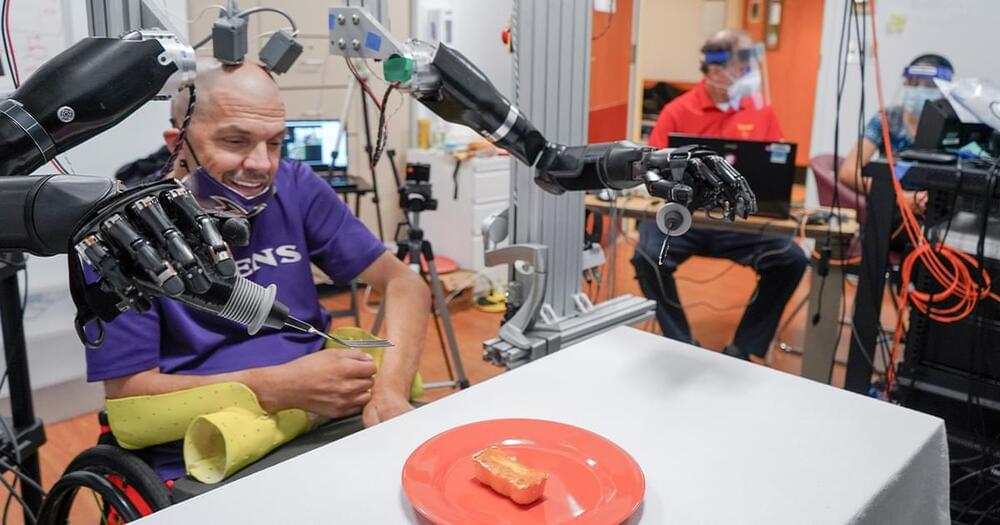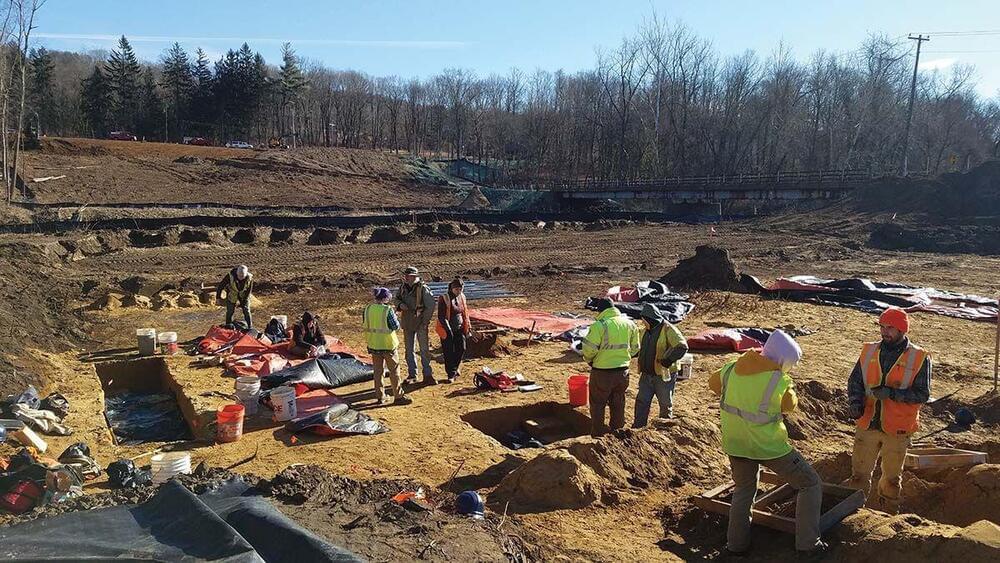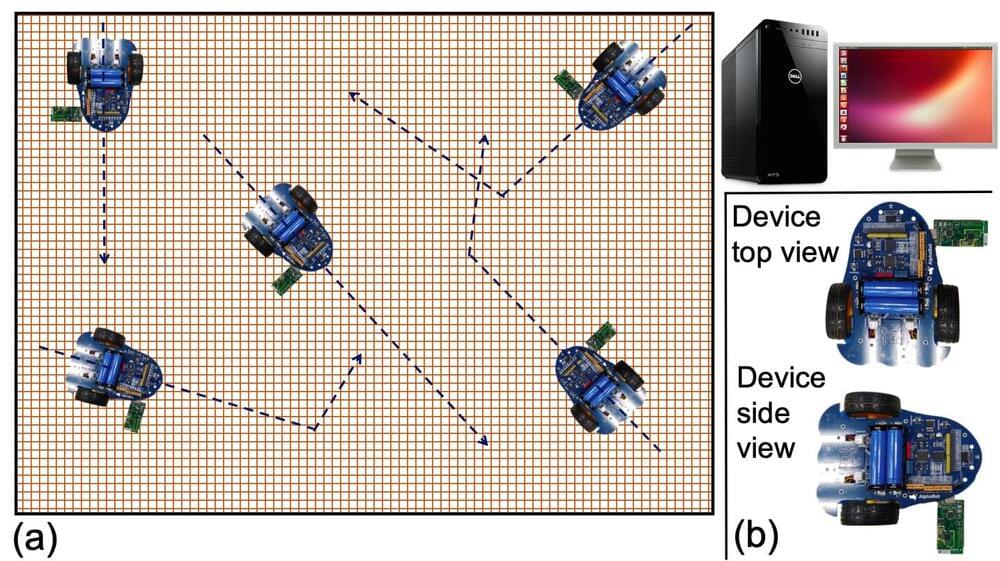Using a brain computer interface, the man cut and ate food with thought-controlled robotic hands. A man paralyzed from the neck down has used two robot arms to cut food and serve himself — a big step in the field of mind-controlled prosthetics.
Robert “Buz” Chmielewski, age 49, has barely been able to move his arms since a surfing accident paralyzed him as a teenager. But in January of 2019, he got renewed hope, when doctors implanted two sets of electrodes in his brain, one in each hemisphere.
The goal was that this brain computer interface would help Chmielewski regain some sensation in his hands, enable him to mentally control two prosthetic arms, and even feel what he is touching. man paralyzed from the neck down has used two robot arms to cut food and serve himself — a big step in the field of mind-controlled prosthetics.




